Table of contents
-
Focus on achievement of learning outcomes
-
Assessments aligned with measurement and bridging learning gaps
-
Emphasis on mathematical and computational thinking
-
Emphasis on oral and written communication skills
-
Introduction of coding skills
-
Knowledge of India-core values & ethics
-
360 degree Holistic development of India
-
Emphasis on experiential learning with in a subject
-
Exploration of relationships among different subjects
Focus on achievement of learning outcomes
The National Education Policy (NEP) 2023, implemented in India, aims to transform the education system and bring about several changes in student learning outcomes.
- Holistic Development: Focuses on developing cognitive, social, emotional, and physical abilities while promoting critical thinking, creativity, problem-solving, and effective communication.
- Foundational Literacy and Numeracy: Ensure every child’s basic proficiency in reading, writing, and mathematics by Grade 3.
- Competency-based Education: Shift from rote learning to competency-based education, such as critical thinking, creativity, collaboration, and digital literacy.
- Redesigned Curriculum and Pedagogy: Multidisciplinary curriculum that emphasizes integrating vocational education, arts, and sports to provide a well-rounded education. High-quality pedagogy is then necessary to successfully impart the curricular material to students.
- Assessment Reforms: Continuous formative assessments focus on identifying strengths and weaknesses rather than relying solely on high-stakes examinations.
- Teacher Training and Professional Development: Enhancing the quality of education by equipping teachers with the necessary knowledge, skills, and pedagogical approaches.
- Use of Technology: Adoption of digital platforms and online resources to enhance the teaching and learning process.
- Inclusive Education: Promotes equal opportunities, support, and inclusivity for all students.
Assessments aligned with measurement and bridging learning gaps
The National Education Policy (NEP) 2023 encourages a shift in assessment practices to ensure a comprehensive evaluation and bridge students’ learning gaps to meet 21st-century skills.
The assessments aligned with these principles of national education policy 2023 are:
- Formative Assessments: Shift tests rote memorization skills to one that is more regular, formative, and competency-based.
- Continuous Assessments: Include quizzes, projects, presentations, class participation, and other methods that gauge students‘ understanding rather than relying solely on high-stakes examinations.
- Competency-based Assessments: Assessments that focus on critical thinking, problem-solving, creativity, collaboration, and digital literacy.
- Portfolio Assessments: Include projects, essays, artwork, and other artifacts that demonstrate students’ progress and learning outcomes.
- Self and Peer Assessments: Self-assessments foster reflection on learning, while peer assessments encourage evaluation of peers’ work, promoting collaboration.
- Diagnostic Assessments: Identify learning gaps and enable targeted instruction to address specific student needs.
- School-based assessment: The Progress card, redesigned under NCERT and SCERTs guidance, offers a comprehensive assessment of learners’ progress and qualities.
Emphasis on mathematical and computational thinking
Mathematical and computational thinking is vital for India’s future and leadership in emerging fields like AI, Machine Learning, and data science.
National Education Policy 2023 emphasizes mathematics and computational thinking at all educational levels using innovative approaches like puzzles and games to make learning enjoyable and engaging.
Emphasis on oral and written communication skills
In today’s rapidly changing world, students have the flexibility to choose their curricula and subjects. New education policy 2023 strongly emphasizes developing oral, written, and digital communication skills, enabling effective expression of ideas and collaboration among students.
Introduction of coding skills
NEP 2023 introduces coding skills as an essential component of the curriculum. Including coding skills in National Education Policy 2023 aligns with the global emphasis on digital literacy and equips students with valuable skills for future career prospects.
- Equip students with the knowledge and understanding of coding languages in the middle stage.
- Enhance their problem-solving, logical reasoning, and creativity.
- Develop computational thinking abilities, foster innovation, and explore the potential of emerging technologies like AI, Machine learning, Design thinking, Holistic Health, etc.
Knowledge of India-core values & ethics
- NEP 2023 emphasizes “Knowledge of India” includes ancient contributions, modern successes and challenges, and future aspirations in education, health, and environment.
- This knowledge will be accurately and scientifically integrated into the school curriculum, incorporating Indian Knowledge Systems, including tribal knowledge and traditional ways of learning, across various subjects.
- Specific courses on tribal practices, forest management, traditional agriculture, and more will be offered.
- Ethics and values will be taught, emphasizing moral decision-making, integrity, tolerance, equality, and empathy.
- The curriculum will incorporate Indian literature, constitutional values, and essential health education.
- The redesigned curriculum will be deeply rooted in the Indian and local context, making learning relatable, relevant, and engaging for students.
- NEP 2023 recommends video documentaries on inspirational luminaries of India, ancient and modern, in science and beyond.
360-degree Holistic development of India
NEP 2023 emphasizes the 360-degree holistic development of India, aiming to nurture individuals in all dimensions of their well-being.
- National Education Policy 2023 integrates sports, arts, and culture into the curriculum to foster well-rounded education and students’ physical, creative, and cultural development.
- Introduces contemporary subjects like AI, Design Thinking, Holistic Health, Environmental Education, and Global Citizenship Education to impart key skills at all levels to students.
- NEP 2023 prioritizes enhancing oral and written communication skills to foster effective expression, interaction, and meaningful conversations for students’ growth and success.
- Redesigning Board exams will encourage holistic development, offer subject flexibility, prioritize student choice, best-of-two attempts, and core-focused assessments.
Emphasis on experiential learning within a subject
The emphasis on experiential learning within a subject in the context of NEP 2023 highlights:
- Adopting experiential learning in all stages prioritizes hands-on learning, art-integrated approach, sports-integrated education, and story-telling-based pedagogy within a subject.
- The shift of classroom transactions towards competency-based learning and education.
- Deepens understanding, foster critical thinking, problem-solving, and practical application through authentic and relevant learning experiences.
- It connects theory and real-life contexts, fostering active participation, creativity, and ownership in student learning.
- Art-integrated education will be embedded in classroom transactions to strengthen the linkages between education and culture.
- Integration sports in education in pedagogical practices to help in developing skills such as collaboration, self-initiative, self-direction, self-discipline, teamwork, responsibility, citizenship, etc.
Exploration of relationships among different subjects
NEP 2023 mentions that exploring relationships among different subjects promotes a well-rounded education that goes beyond siloed learning and encourages a more interconnected and integrated approach to knowledge acquisition.
- National Education Policy 2023 promotes interdisciplinary learning and a holistic understanding of knowledge through subject relationships.
- Introducing subject teachers to learning and discussing the more abstract concepts in each subject prepares students to acquire knowledge.
- Students develop a comprehensive perspective and enhance their critical thinking skills by connecting concepts across disciplines.
- This approach fosters creativity, problem-solving, and multidisciplinary application of knowledge, preparing students for real-world challenges.
How does SETU align with National Education Policy 2023 implementation?
SETU is an AI-assisted platform already in sync with National Education Policy 2023 to nurture students effectively and improve student learning outcomes.
- Focuses on formative and continuous assessments to measure learning outcomes.
- Promoting interdisciplinary learning and the exploration of relationships among subjects.
- Incorporate cultural aspects, Indian knowledge systems, and values into its offerings.
- Supports teachers to enhance their skills and knowledge in line with the pedagogical shifts proposed in National Education Policy 2023.
- SETU’s unique pedagogical approaches ensure practical and authentic learning, fostering holistic student development.
- The practice and preparation tests help in achieving basic and solid learning outcomes.
- Subject-specific knowledge can be gained through activity-based learning, assessments, and course materials.
- Conduct formative assessments that target learning outcomes and competencies.
- Support students through remedial and doubt-solving sessions.

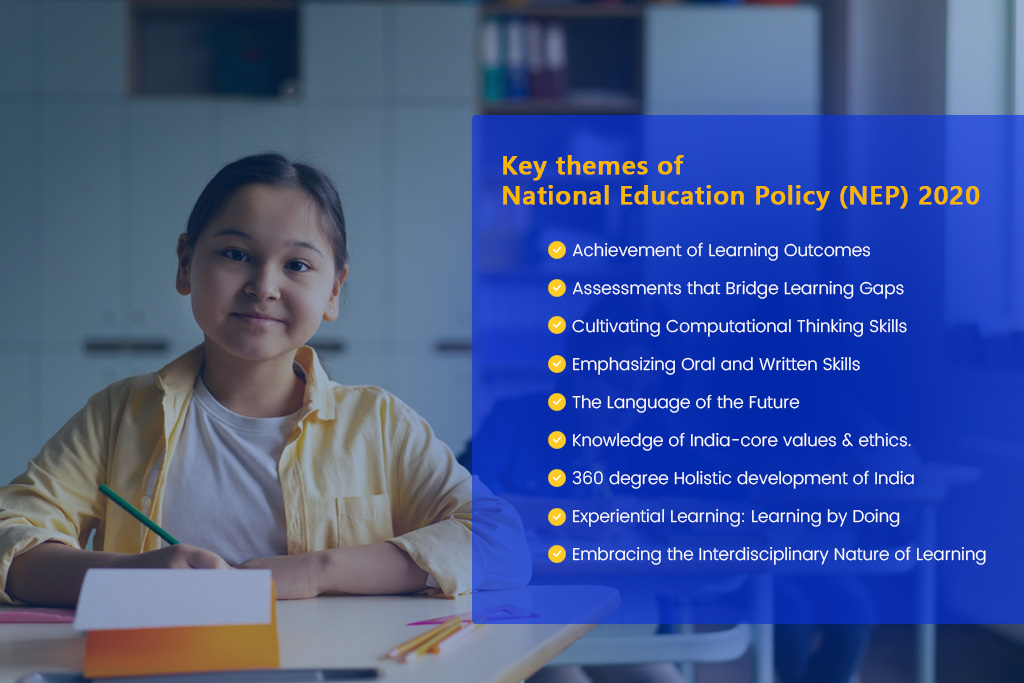



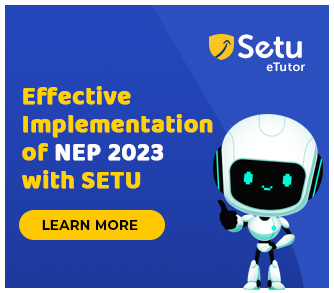
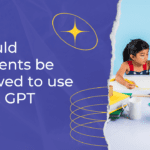
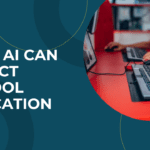
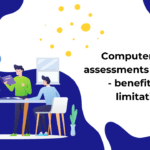
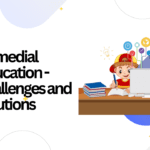
Leave a reply